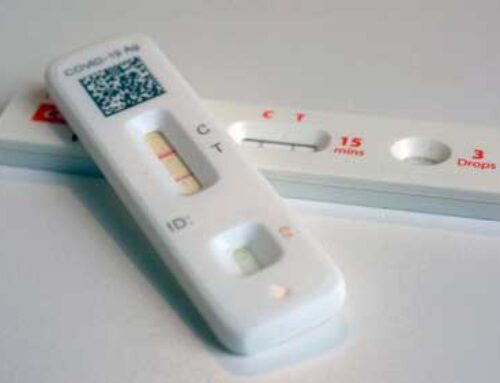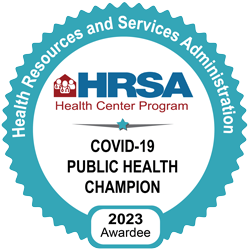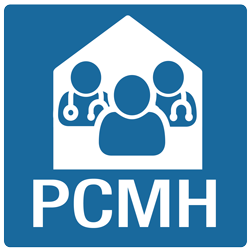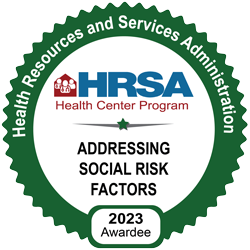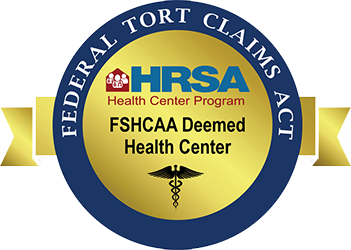What is Colorectal Cancer?
Colorectal Cancer is a type of cancer that usually develops from precancerous polyps or abnormal growths in the colon or rectum. Screening tests can find precancerous polyps so that they can be removed before they turn into cancer. Screening tests can also find colorectal cancer early, which is when treatment works best.
Facts about Colorectal Cancer
- In the United States, colorectal cancer is the third leading cause of cancer-related deaths in both men and women, and it’s the second most common cause of cancer deaths when numbers for men and women are combined. It’s expected to cause about 52,550 deaths in 2023.
- It is often considered the most preventable, yet least prevented form of cancer.
- It’s on the rise in people over 50 years old.
- When caught in the early stages, it’s treatable in about 90% of people.
What can you do to prevent Colorectal Cancer?
Screening
The most effective way to reduce your risk of colorectal cancer is to get screened for colorectal cancer routinely, beginning at age 45. If you have inflammatory bowel disease or family history of colorectal cancer or polyps, you may need to be tested earlier than 45.
Healthy Choices
Some studies suggest that people may reduce their risk of developing colorectal cancer by increasing physical activity, keeping a healthy weight, limiting alcohol consumption and avoiding tobacco.
Diet
Research is underway to find out if changes in your diet reduce colorectal cancer risk. Medical experts often recommend a diet low in animal fats and high in fruits, vegetables and whole grains to reduce the risk of other chronic diseases, such as coronary artery disease and diabetes. This diet may also reduce the risk of colorectal cancer.
Be Mindful of Symptoms
Tell your doctor if you have any of these symptoms:
- A change in bowel habits
- Blood in or on your stool (bowel movement)
- Diarrhea, constipation or feeling that the bowel does not empty all the way
- Abdominal pain, aches or cramps that do not go away
- Weight loss and you don’t know why
Source: Division of Cancer Prevention and Control, Centers for Disease Control and Prevention

